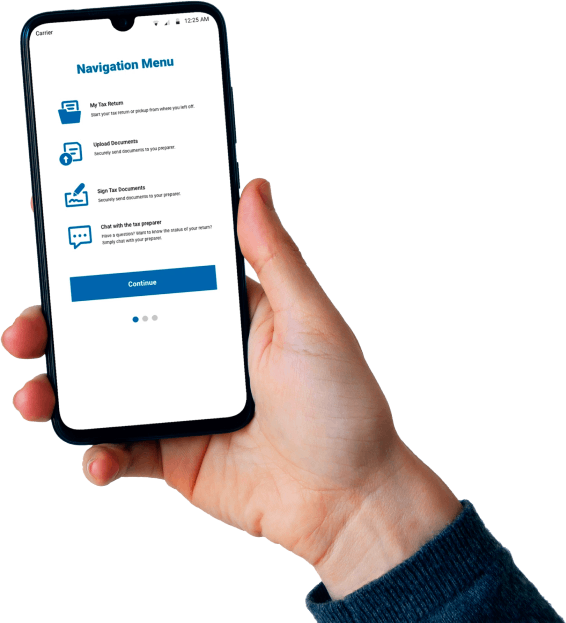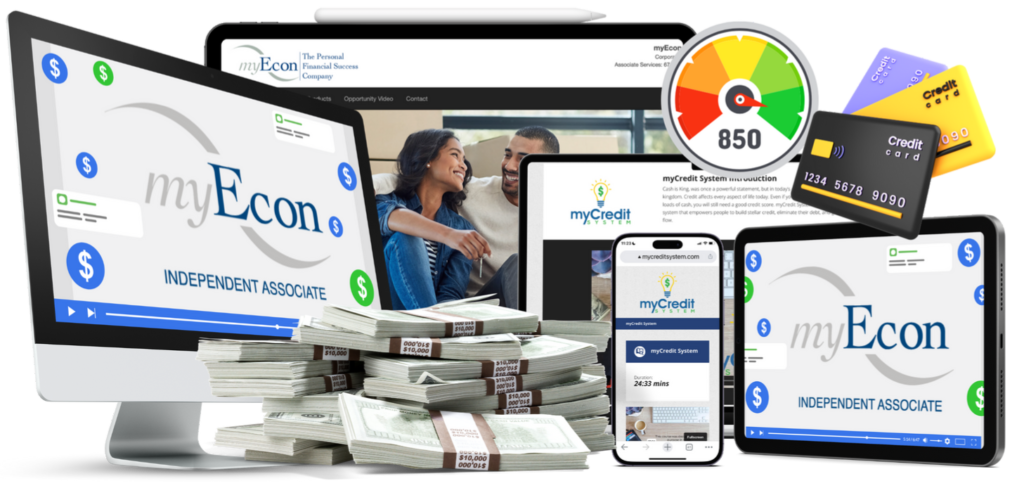➤ Need Funding or Building Your Business Credit? Click Here
➤ Need to Boost Your Credit Score? Click Here
➤ Connect with us on Facebook: The GMT Academy LLC
➤ Follow Us on Instagram: @TyeStyleCreditLady
How To Use Business Credit to Buy Real Estate
After establishing good business credit, you can leverage it to access crucial capital. After investing this correctly, you can generate profits from your real estate business. Here are some major forms of business credit used to purchase real estate:
- SBA Loans – SBA Loans, provided by the Small Business Administration, cannot typically be used to purchase apartments or rental properties. Certain SBA Loans, however, can be used to finance commercial real estate investments. Interest rates for this type of business credit are top tier, ranging from a little over 4.5% to 9.5%. Qualifying for this kind of loan, though, can be challenging. This is because lenders typically consider both business and personal credit in applications. This process can also take up to 60-90 days to qualify.
- Business Lines of Credit – The best and most practical form of business credit for real estate is a business credit line. These are available from both standard banks and online lenders. Like a credit card, these lines of credit can be used up to the credit limit, the balance can be paid down and the process can be repeated as long as the account is open and in good standing. These forms of business credit are great for purchases which can’t be simply made with a credit card swipe. The ability to qualify for this credit line is usually based on your company’s income and business credit profile. Certain lenders may request to review personal credit and ask you to sign a personal guarantee. Therefore, it’s important for you to keep your commercial and consumer credit reports in the best shape possible. Interest rates for these types of credit lines vary, and after qualifying, you may see APRs from 8% to 35%. This depends on how well you’ve maintained your credit. You also only accrue interest charges when you make purchases on the account. Credit limits are typically based on credit and company financial standing—meaning the higher your profits and business credit is, the better the chances are of you securing a higher limit. Note that limits are typically smaller than mortgage loans, and so you should likely stay within certain asking price thresholds. Consider business lines of credit to be short-term loans, rather than, say, a 30-year mortgage for financing an entire property. Keep in mind that lenders may close your account and convert your balance to a long-term loan if your risk increases.
- Credit Cards – As odd as it seems, some real estate investors use credit cards to fund their property purchases. However, this move can be tricky—and sometimes riskier than necessary. There are certain benefits to using these types of business credit for home buying. Credit cards offer instant funding, so you don’t have to wait 30-60 days for access to capital like with other loans. Credit cards also usually offer rewards, such as extra points, miles or cashback for qualifying purchases. These won’t offset interest rate fees, and if you request for a cash advance, you won’t earn rewards on those purchases. Certain expenses, such as renovations, do often qualify for rewards. The greatest benefit offered by credit cards is that they can help build your business credit profile, leading to better rates and loan terms in the future. There are notable risks involved with using credit cards for real estate purchases, however. For instance, they have higher interest rates, with the average being right around 17% for consumer cards. Business credit card applications are also affected based on your personal credit history. Credit limits tend to be lower, and you may not have enough available credit to cover your real estate purchase—even with excellent credit and high profits. Credit cards also have cash advance fees, ranging from 3% to 5% of the withdrawn amount. You do have to still pay your regular interest costs each month on revolving accounts. Another aspect to consider is that your credit score may suffer, even with on-time payments. When your credit report shows high balances compared to your available limit (your credit utilization ratio) your score may drop. With consumer scores, this is especially true. Be mindful of how much you’re spending versus how much you’re allowed! Also, make sure your lender’s agreement terms allow commercial real estate purchases on the card, or your account could be closed.
Benefits Of Building Business Credit For Real Estate Investments
While there’s no question you can qualify for great deals on properties with personal credit loans, there are many opportunities possible by building a solid business credit profile. For instance, utilizing business credit can reduce your personal risk exposure. Depending on if personal guarantees are required, you could protect your personal assets from being seized in the event of a catastrophe. You can also be protected from lawsuits tied to the property. Good business credit can also open doors for other financial options. You may need additional capital as a real estate investor for appliances, repairs or upgrades. Good business credit will give you the funds you need in your company’s name, rather than in yours. You also won’t have to link your property as collateral to secure your funds.
In a nutshell, personal credit loans are a viable (albeit risky) option for real estate investors. However, seeking business credit may be the strongest option for you in your home buying journey!






























